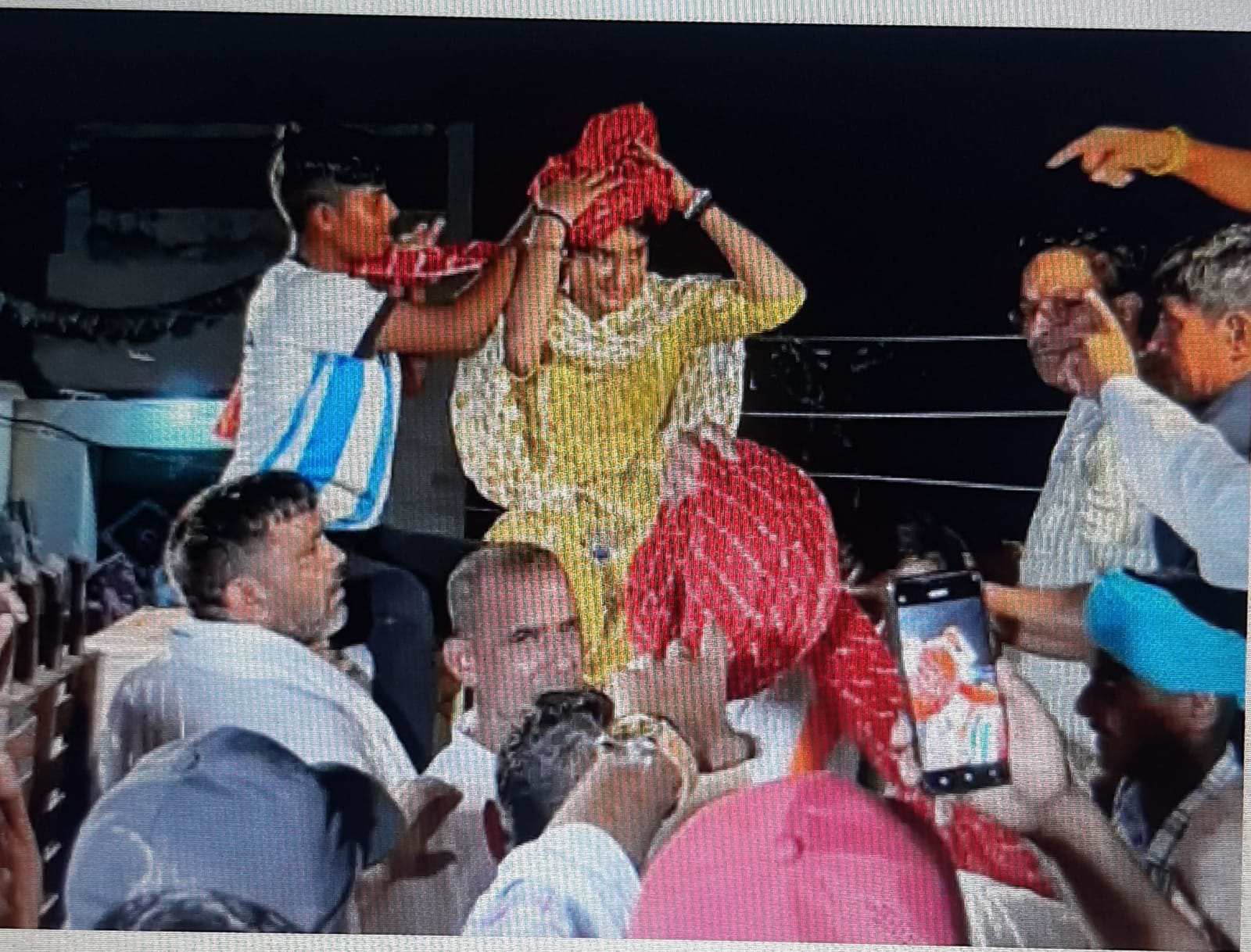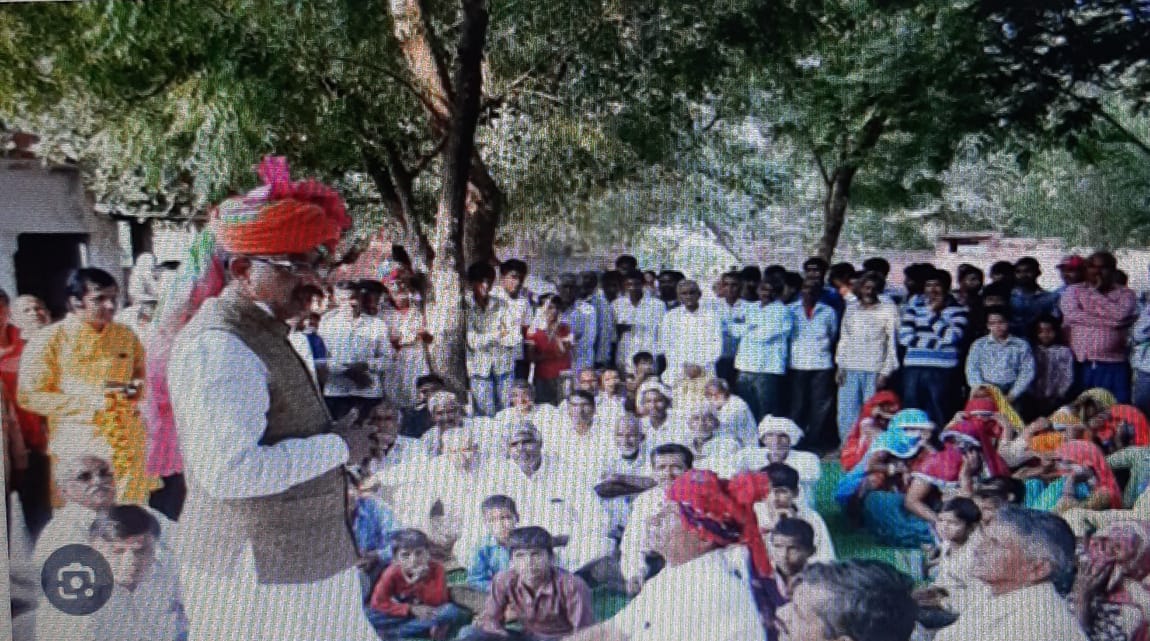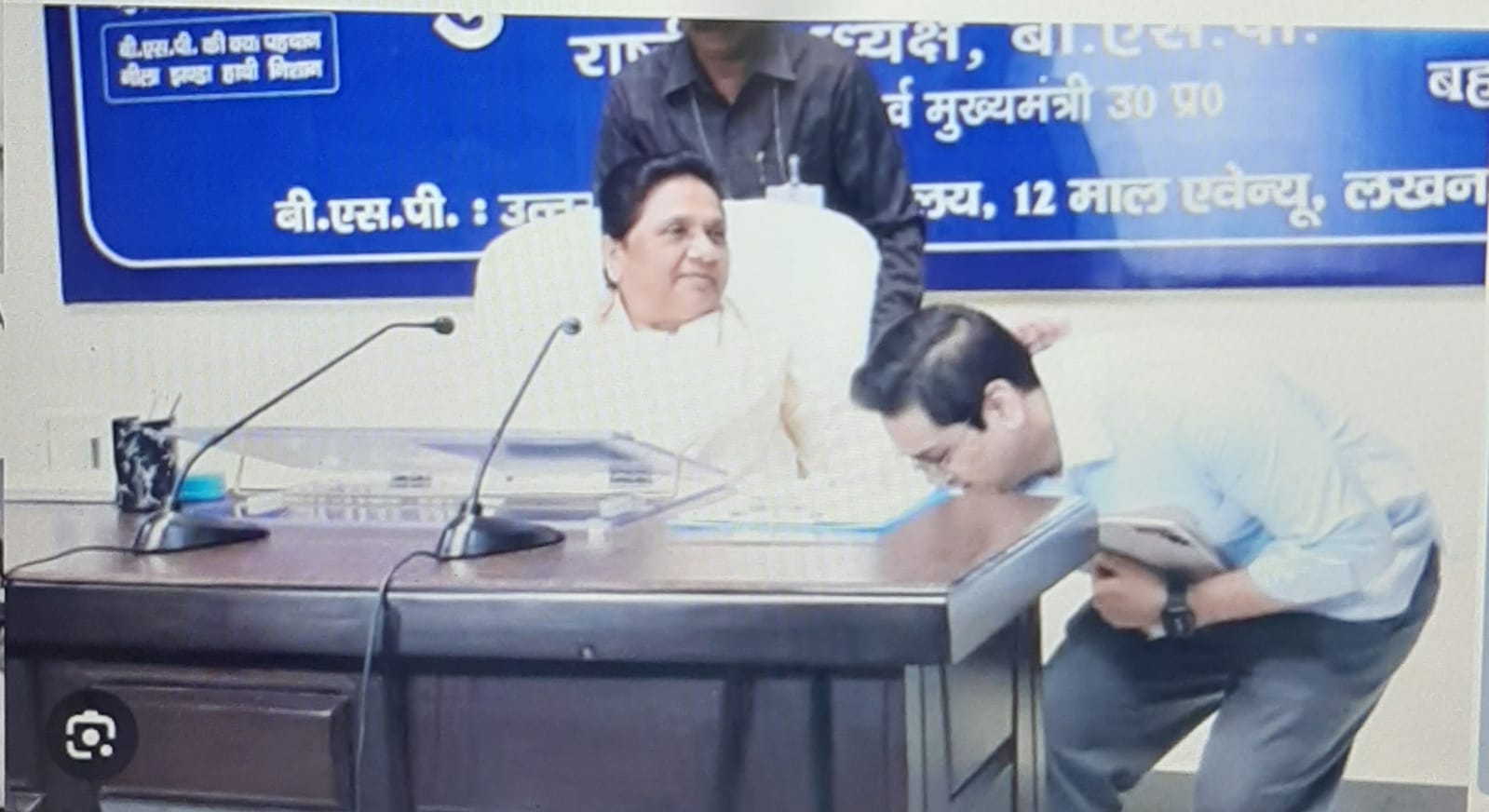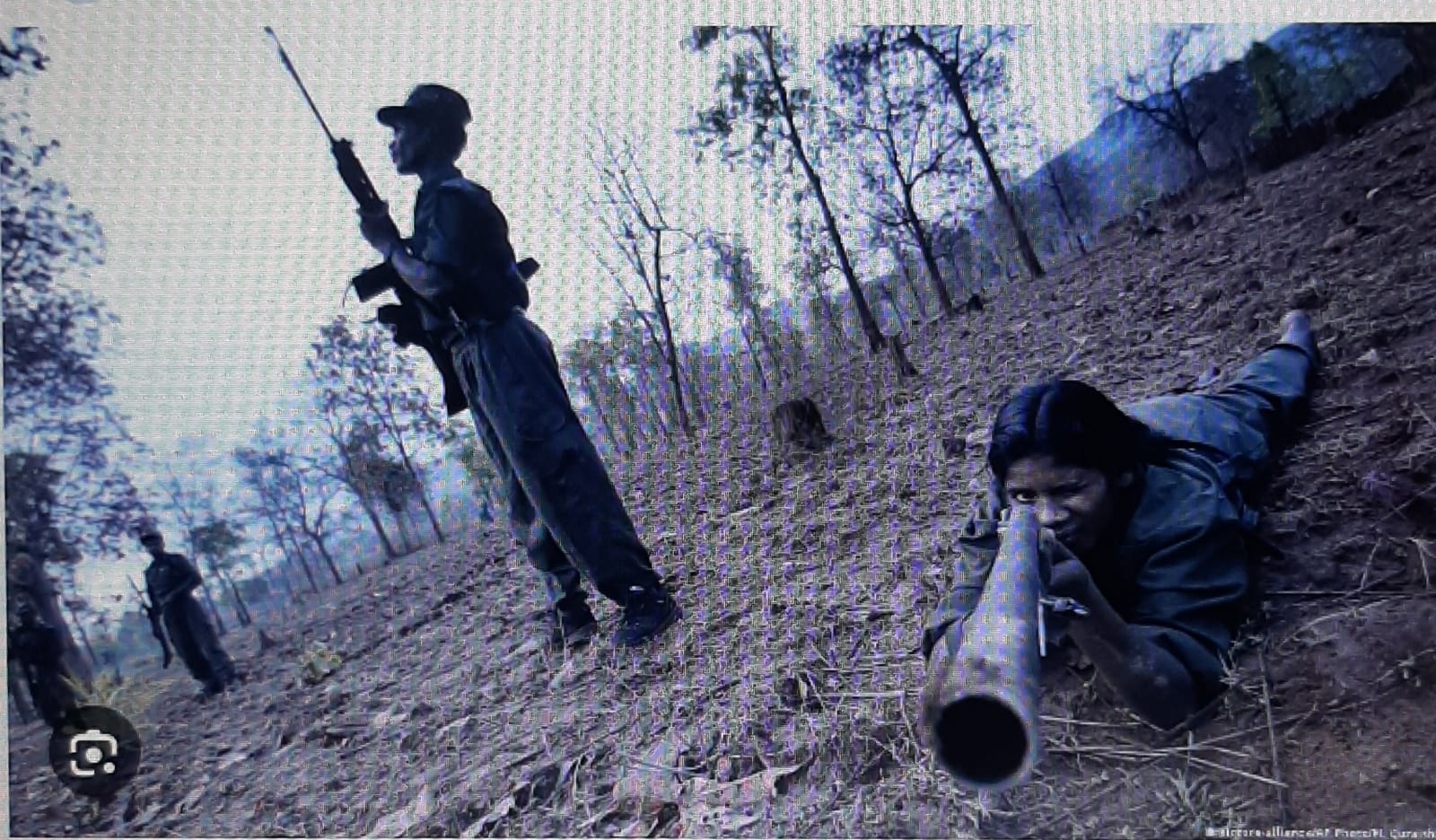
Vinesh Phogat’s story serves as a reminder of the delicate line between activism and politics. Her journey, once one of hope and resistance, now stands at a crossroads. Will she be remembered as the fearless wrestler who fought for her peers, or as another politician who used a social cause as a stepping stone to power? Only time will tell. But in either case, the real tragedy will be if the voices of India’s female wrestlers are drowned out in the cacophony of electoral politics, writes Dr. Kanishka Pandey
The news of Vinesh Phogat contesting the upcoming assembly elections from Julana on a Congress ticket has ignited a fierce debate. As a champion of Indian wrestling, Phogat’s stature has transcended the sporting arena, especially when she led the protests against the Wrestling Federation of India (WFI), standing firm for justice in the face of what many saw as systemic exploitation and abuse within the sport. However, with her decision to step into the political ring under the banner of a party, many are now left asking: Was her protest a genuine fight for justice, or was it a calculated move for political gain?
Vinesh Phogat’s disqualification from the Paris Olympics due to being overweight added fuel to the fire. For a wrestler of her stature, representing the nation on the world’s grandest stage was an expectation not just for her but for millions of Indians who idolize her. The emotional weight of her disqualification quickly became a point of contention, with a huge chunk blaming the government for not doing enough to support her. But amid this emotional upheaval, the rational question remains—what more could the government have done? Abiding by the rules of tournament is an athlete’s responsibility, and while public sentiment may sway toward blaming the system, it is crucial to differentiate between institutional failure and personal accountability.
Yet, logic seems to take a backseat when emotions run high. Vinesh’s entry into politics now allows detractors, especially those in the BJP, to frame her protests as politically motivated, a mere stepping stone to garner public sympathy and win an election. Has the story of Phogat become yet another chapter in India’s history where a social cause becomes a vehicle for political power?
India has seen this before. The India Against Corruption Movement under Anna Hazare mobilized millions. The nation stood united against corruption, but what emerged was a class of politicians who capitalized on that sentiment—Arvind Kejriwal, General VK Singh, Kiran Bedi, and others—gained political mileage from a people’s movement. Today, critics argue that Vinesh Phogat’s journey from the protest site to the ballot box mirrors that very trajectory. What began as a demand for justice for female wrestlers now risks being reduced to a political manoeuvrer.
Phogat, like any Indian citizen, has every constitutional right to contest elections. The transition from being an activist to entering the political fray is not inherently wrong; in fact, it could be viewed as a natural progression for someone who desires systemic change. However, the timing and the optics of this decision complicate the narrative. Does her candidacy now diminish the credibility of the protests she led? Can the public still trust her as the voice of the wrestling community, or will they now see her through the lens of political ambition?
There is a profound danger that the larger issue—fair and equitable treatment for female sportspersons—gets lost amid the political mudslinging. Vinesh Phogat’s fight was initially about creating a safe, clean, and just environment for women in sports, a battle that earned her respect far beyond the wrestling mats. But with her leap into electoral politics, the cause she stood for risks becoming secondary to the pursuit of power. Her protest, once a symbol of defiance against injustice, is now being questioned—was it ever truly about justice, or was it a stage for political theatrics?
If the BJP decides to brand her protests as mere political stunts, it would be a tragic diversion from the actual issue at hand—ensuring fair opportunities for India’s female athletes. This election is not just about whether Phogat wins or loses. It’s about whether her political bid will overshadow the genuine need for systemic reform in Indian sports. And while Congress might stand to gain a significant face in the assembly, the wrestling community—and indeed, the larger sports community—could lose the credibility of their most vocal advocate.
Vinesh Phogat may win the election. Congress may ride this emotional wave to victory. But the question that will linger in the minds of many is whether the cause she championed was sacrificed at the altar of political ambition. The answer to that question will shape how history remembers her legacy—not just as a wrestler, but as someone who either stood tall for justice or someone who chose the political ring over the wrestling mat when it mattered most.
In the end, Vinesh’s story serves as a reminder of the delicate line between activism and politics. Her journey, once one of hope and resistance, now stands at a crossroads. Will she be remembered as the fearless wrestler who fought for her peers, or as another politician who used a social cause as a stepping stone to power? Only time will tell. But in either case, the real tragedy will be if the voices of India’s female wrestlers are drowned out in the cacophony of electoral politics.
(Dr. Kanishka Pandey is Head- Centre for Sports Research IMT Ghaziabad)









